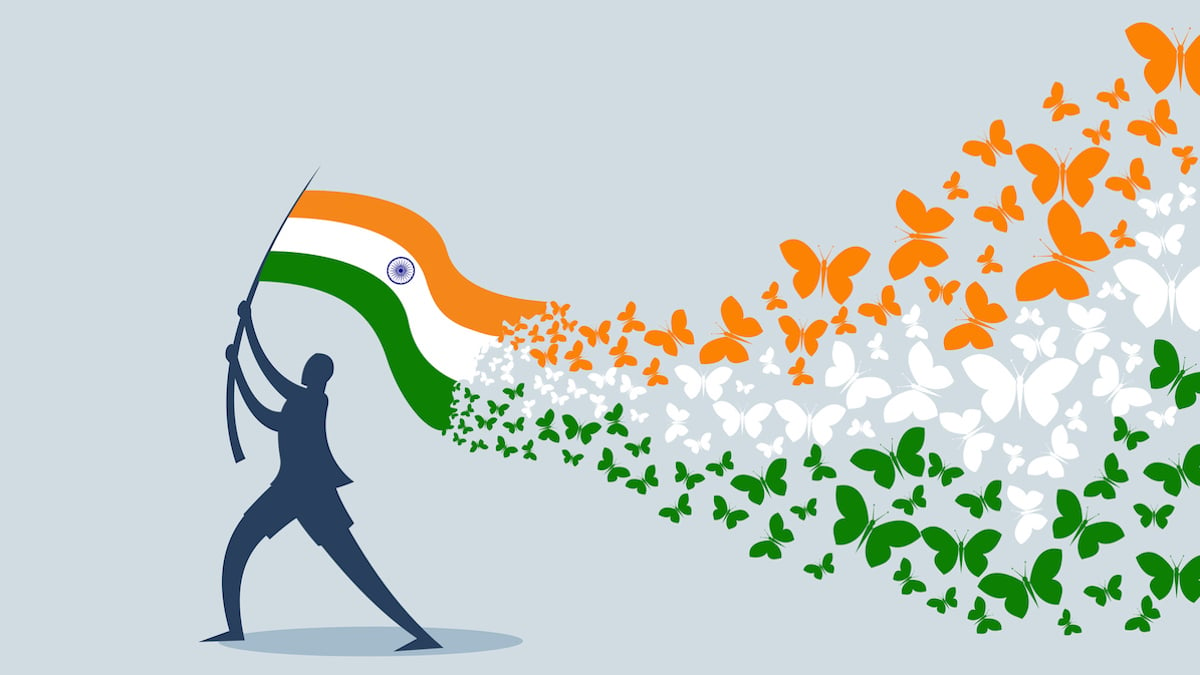On January 26, India celebrates its independence and recognizes its constitution with Republic Day. The holiday is especially significant for the nation which fought for its independence for nearly a century during the Indian independence movement. Following the contributions of countless figures — including the non-violent revolutionary Mahatma Gandhi — the Republic of India was finally established in 1950.
Indian Constituent Assembly selected the date for the nation’s newly drafted constitution to go into effect, recognizing the anniversary of the Indian National Congress’ Declaration of the Independence of India, Purna Swaraj in 1930. The day was then celebrated by proponents for Indian independence from British rule as the nation’s Independence Day before becoming the official holiday.
The constitution went into effect on January 26th of 1950, just months after it was ratified in November of 1949 and three years after the nation gained independence from the British Raj. The nation was ruled by the British Crown, beginning under Queen Victoria in 1858, until the UK Parliament petitioned the territory into India and Pakistan in 1947 and granted the new democratic nations sovereignty. The nation did, however, choose in 1949 to remain a part of the British Commonwealth of Nations.
The day is celebrated with a parade of the Indian Armed Forces in the capital of India, New Delhi. The President and Commander in Chief is traditionally accompanied by another head of state. This year, Indian president Droupadi Murmu is joined by her guest of honor, Egyptian president Abdel Fattah el-Sisi, to recognize the 74th Republic Day. Al Jazeera reported El-Sisi was the first Egyptian president invited to the celebrations.

